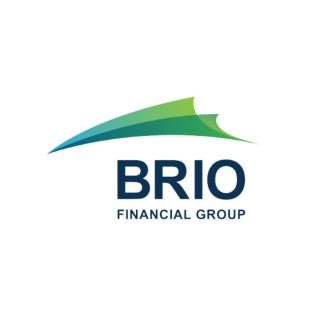
Trends in Charitable Giving
by Brandon Miller on Dec 4, 2024
Trends in Charitable Giving
Presented by Brio Financial Group
According to the most recent report by Giving USA, Americans gave $499 billion to charity in 2022.1
Americans usually give to charity for two main reasons: to support a cause or organization they care about or to leave a legacy through their support.
When giving to charitable organizations, some people elect to support through cash donations. Others, however, understand that supporting an organization may generate tax benefits. They may opt to follow techniques that can maximize both the gift and the potential tax benefit.
Here's a quick review of a few charitable choices:
Direct gifts are just that: contributions made directly to charitable organizations. Direct gifts may be deductible from income taxes, depending on your individual situation.
Charitable gift annuities are not related to annuities offered by insurance companies. Under this arrangement, the donor gives money, securities, or real estate, and in return, the charitable organization agrees to pay the donor a fixed income. Upon the death of the donor, the assets pass to the charitable organization. Charitable gift annuities enable donors to receive consistent income and potentially manage their taxes.
Pooled-income funds pool contributions from various donors into a fund, which is invested by the charitable organization. Income from the fund is distributed to the donors according to their share of the fund. Pooled-income funds can enable donors to receive income, manage their tax burden, and make a future gift to charity.
Please consider the charges, risks, expenses, and investment objectives carefully before investing. A prospectus containing this and other information about the pooled-income fund can be obtained from your financial professional. Read it carefully before you invest or send money.
Gifts in trust enable donors to contribute to a charity and leave assets to beneficiaries. Generally, these irrevocable trusts take one of two forms. With a charitable remainder trust, the donor or chosen beneficiaries can receive lifetime income from the assets in the trust, which is then passed to the charity when the donor dies; in the case of a charitable lead trust, the charity receives the income from the assets in the trust, which passes to the donor's beneficiaries when the donor dies.
Using a trust involves a complex set of tax rules and regulations. Before moving forward with a trust, consider working with a professional who is familiar with these rules and regulations.
Donor-advised funds are funds administered by a charity to which a donor can make irrevocable contributions. This gift may have tax considerations, which is another benefit. The donor also can recommend that the fund make distributions to qualified charitable organizations.
Please consider the charges, risks, expenses, and investment objectives carefully before investing. A prospectus containing this and other information about the donor-advised fund can be obtained from your financial professional. Read it carefully before you invest or send money.
Some people are comfortable with their current gifting strategies. Others may want a more advanced strategy, however, which can maximize their gift and generate potential tax benefits. A financial professional can help you assess which approach may work best for you.
Remember, the information in this article is not intended as tax or legal advice. And it may not be used for the purpose of avoiding any federal tax penalties. Please consult legal or tax professionals for specific information regarding your individual situation.
1. GivingUSA.org, 2023
